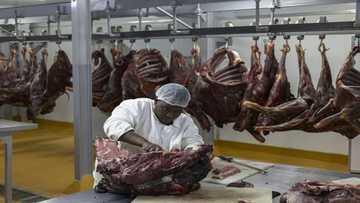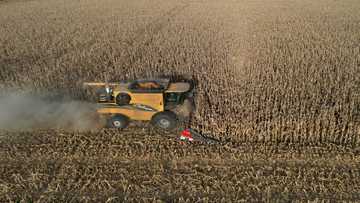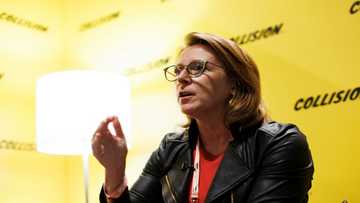Dutch app supermarket boss eyes tech boom in online delivery
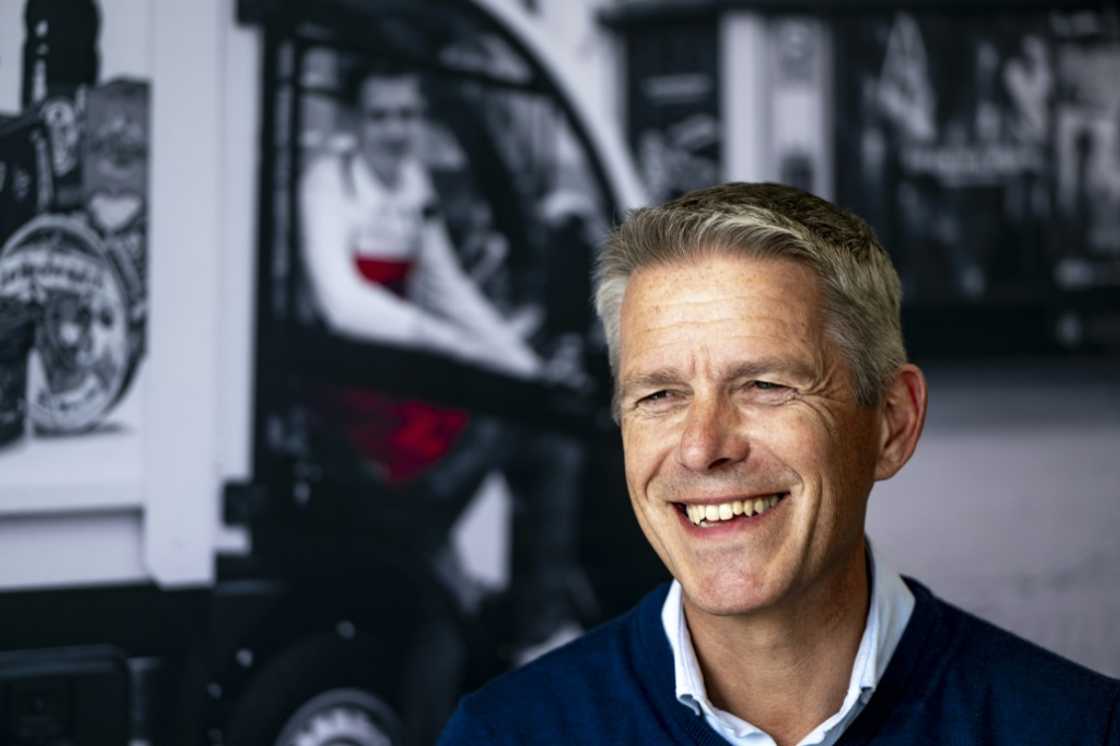
Source: AFP
Advances in artificial intelligence are poised to drive a "massive" boom in online grocery deliveries, according to the head of Picnic, a Dutch app-only supermarket rapidly expanding into Germany and France.
Picnic has disrupted the Dutch supermarket landscape with its offer of free delivery in a time window of 20 minutes -- made possible by squeezing efficiency out of huge amounts of data.
The firm already uses AI for a vast range of operations, explained CEO Michiel Muller, 59, at the firm's 43,000-square-metre distribution hub in Utrecht, central Netherlands.
"For instance, predicting how many bananas we will sell in three weeks' time. Or what happens when the weather is good or bad. Or doing our whole route planning," he told AFP.
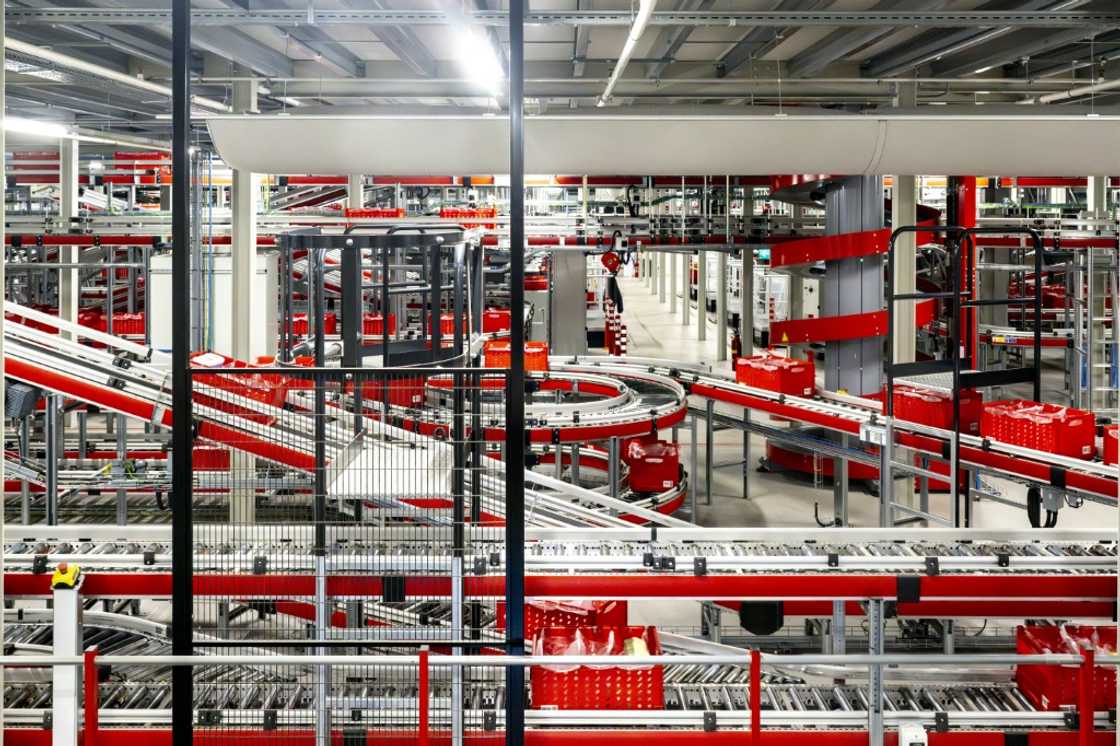
Source: AFP
As technology improves and datasets grow, predictions will become more accurate, further reducing food waste and offering even more precise time slots for customers, he forecast.
"Don't forget that supermarkets weren't there 60 years ago. You only had smaller stores. So there's always a movement around new technology and new ways of delivering goods."
"The supermarket will remain. That's for sure. Stores will remain. But the online part will grow massively," he said.
Picnic has developed its own in-house software to fine-tune every element of the delivery process, from processing and packing stock at the warehouse to the famously complex "last mile" of dropping off the goods.
Delivery times are calculated with extraordinary precision, with reams of information crunched by 300 data analysts and 300 software engineers at Picnic's headquarters.
"We know exactly how long it takes to walk around the vehicle and when it's dark outside, we add six seconds to the delivery time," said Muller.
Unlike a physical supermarket, every order comes through on the app, so the firm knows exactly what it needs to order, deliver, and how long that should take.
The firm estimates this results in seven times less food waste than at regular supermarkets.
"There's not a single baguette that is ordered and not delivered," said Gregoire Borgoltz, head of Picnic's operations in France.
The firm's drivers in the ubiquitous white Picnic vans receive a rating after every trip based on their driving, even assessing whether they have sped too fast around corners.
'Level of automation'
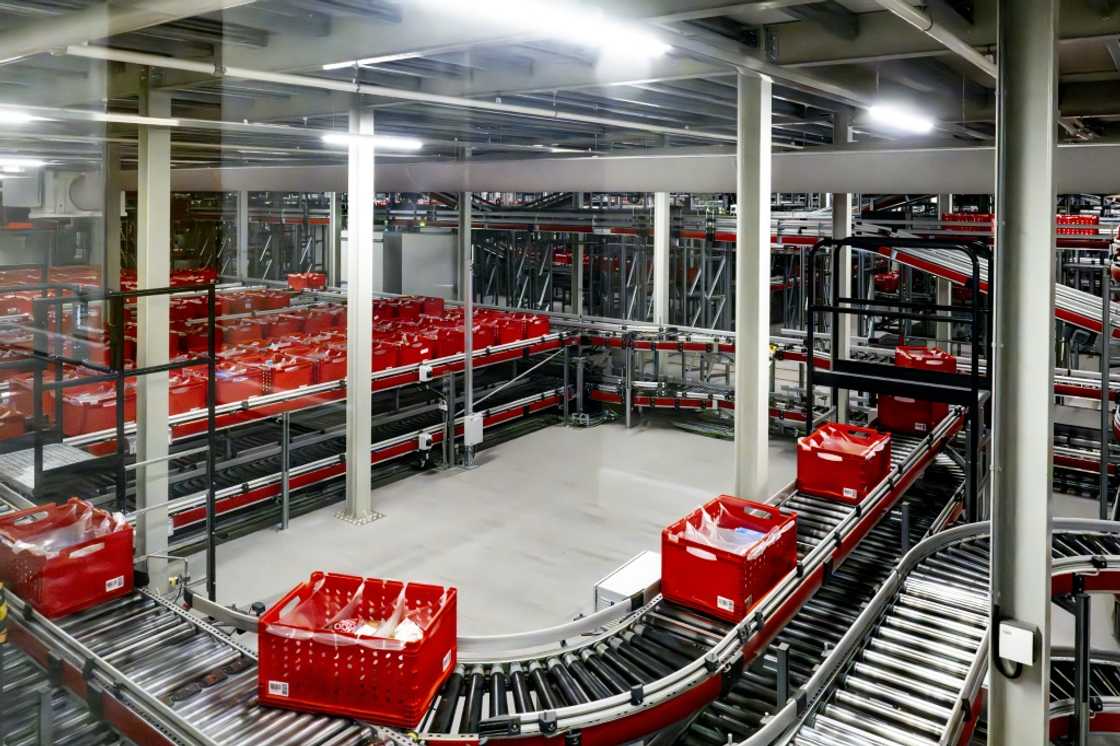
Source: AFP
The huge investments required in bespoke software, plus the firm's distribution hubs with 14 kilometres (nine miles) of conveyor belts, means profits have been hard to come by.
Sales have risen from 10 million euros in 2016 to 1.25 billion in 2023, with staff levels soaring from 100 employees to 17,000 over the same period.
But Muller said the firm suffered losses of "around 200 million euros" last year due to expanding in Germany -- opening slots in Berlin, Hamburg and Hannover.
For the first time since its 2015 founding, it finally turned in a gross profit this year in its home market. "It took eight years to be profitable in the Netherlands," he said.
Earlier this year, the firm raised 355 million euros from investors to fund its push into Germany and France, notably from the Bill & Melinda Gates foundation and German retail giant Edeka.
When it comes to profits, it's again all down to technology, said Muller.
"Basically, the level of automation determines our level of profitability," he said.
"Today, we have about 30 percent automated in Holland. We will grow to 100 percent in a couple of years' time," with Germany and France following soon behind.
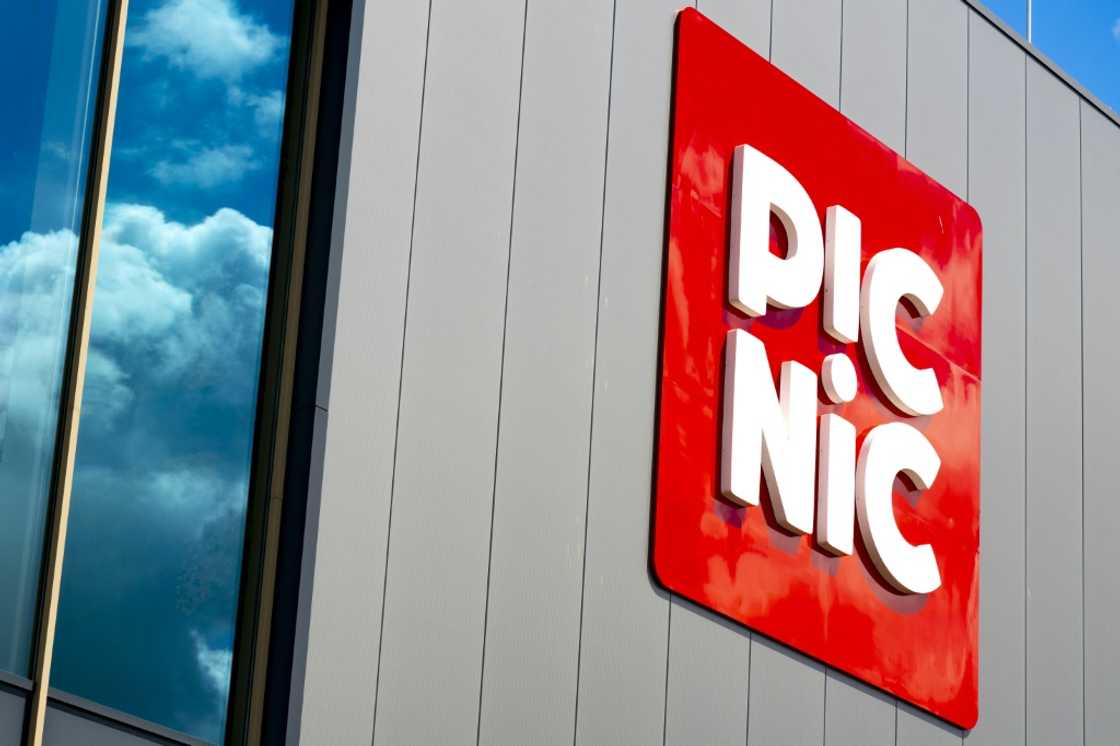
Source: AFP
So far, Picnic is mainly operating in the northern French city of Lille and the greater Paris suburbs. Central Paris is a "big opportunity but also has some of the worst traffic jams", said Borgoltz.
"We will go to Paris but we have to find the right moment."
Muller has ambitions to spread the company further. "Well, there are 183 countries in the world," he jokes when asked where Picnic will expand to next.
But for the moment, he said the firm would consolidate its activities in Germany and France before looking further afield -- not ruling out a push outside Europe.
PAY ATTENTION: Stay informed and follow us on Google News!
Source: AFP

